
Top Press Release Examples to Inspire Your Next Big Announcement
Discover 15 inspiring press release examples that can enhance your next announcement. Get practical insights to craft an impactful message today!

Discover 15 inspiring press release examples that can enhance your next announcement. Get practical insights to craft an impactful message today!
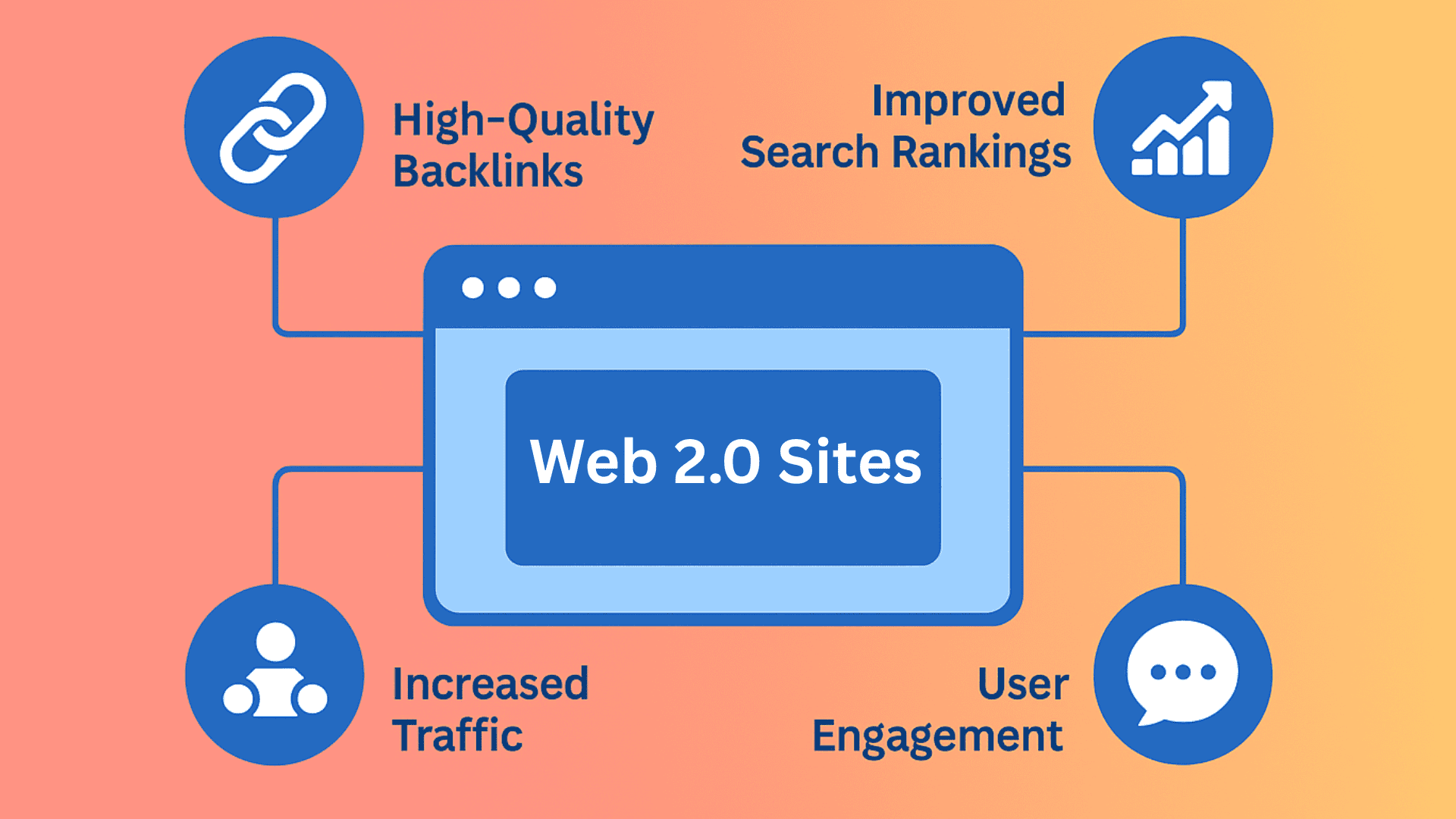
Explore these top web 2.0 sites for 2025 to create free web page 2.0 of high DA and dofollow options. Read the full article for valuable insights!

Explore the top 50+ business listing sites Germany 2025 inc. free local citations. Attract Western European customers and dominate in local search results!

Here’s the list of Canada’s local business listing sites. Submit your business to these online free web directories and dominate in 2025 now!

Finding free business listing sites UK (United Kingdom)? Then, here is the list of UK’s top web directories to submit your business for free. Add now!
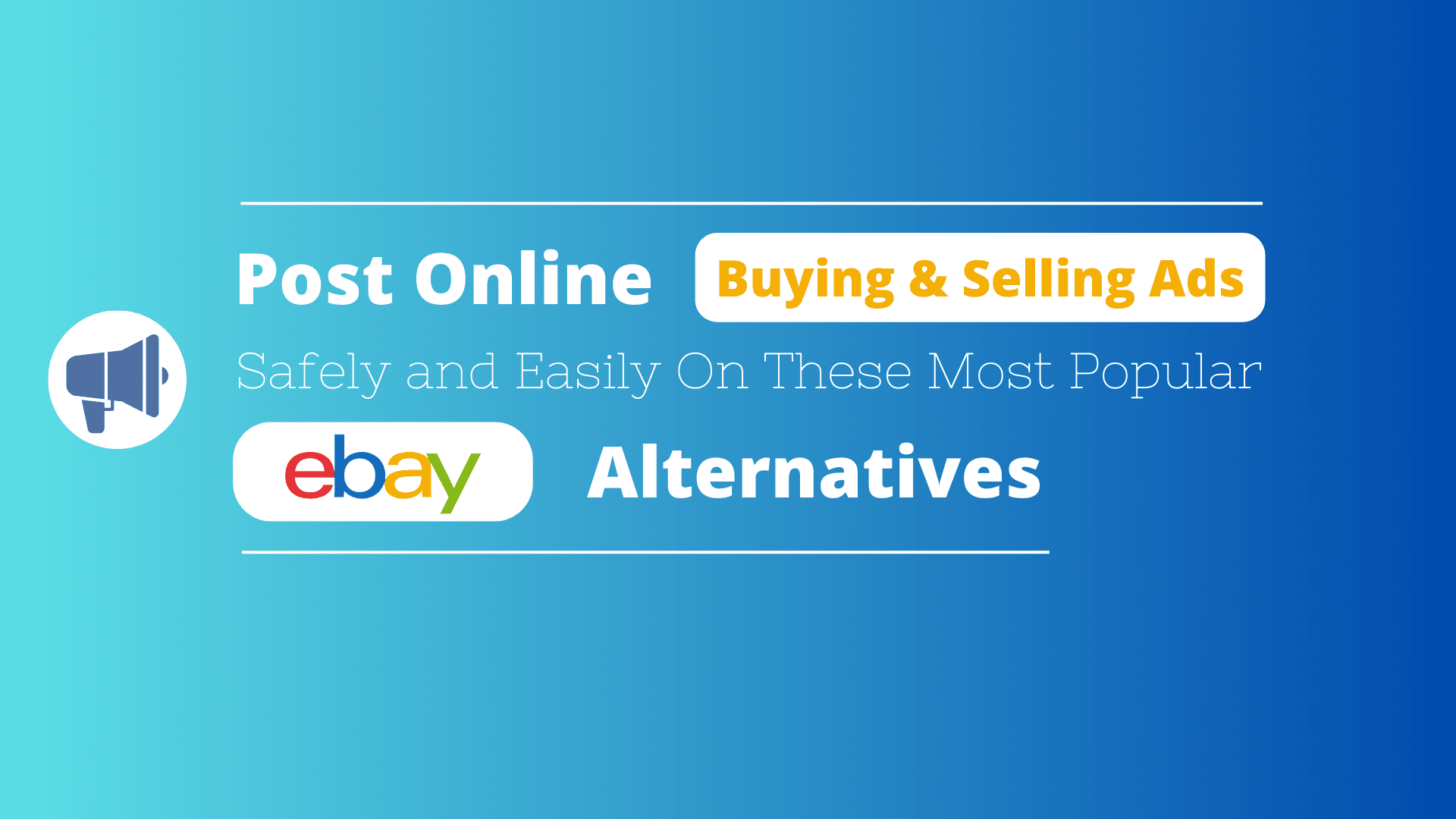
Here are the best eBay alternatives to post buying and selling classified ads safely and easily in 2025. Explore all the similar sites like eBay now!

Here’s a list of UAE’s free business listing sites to add your company to local web directories and websites. Dominate the Middle East region now!
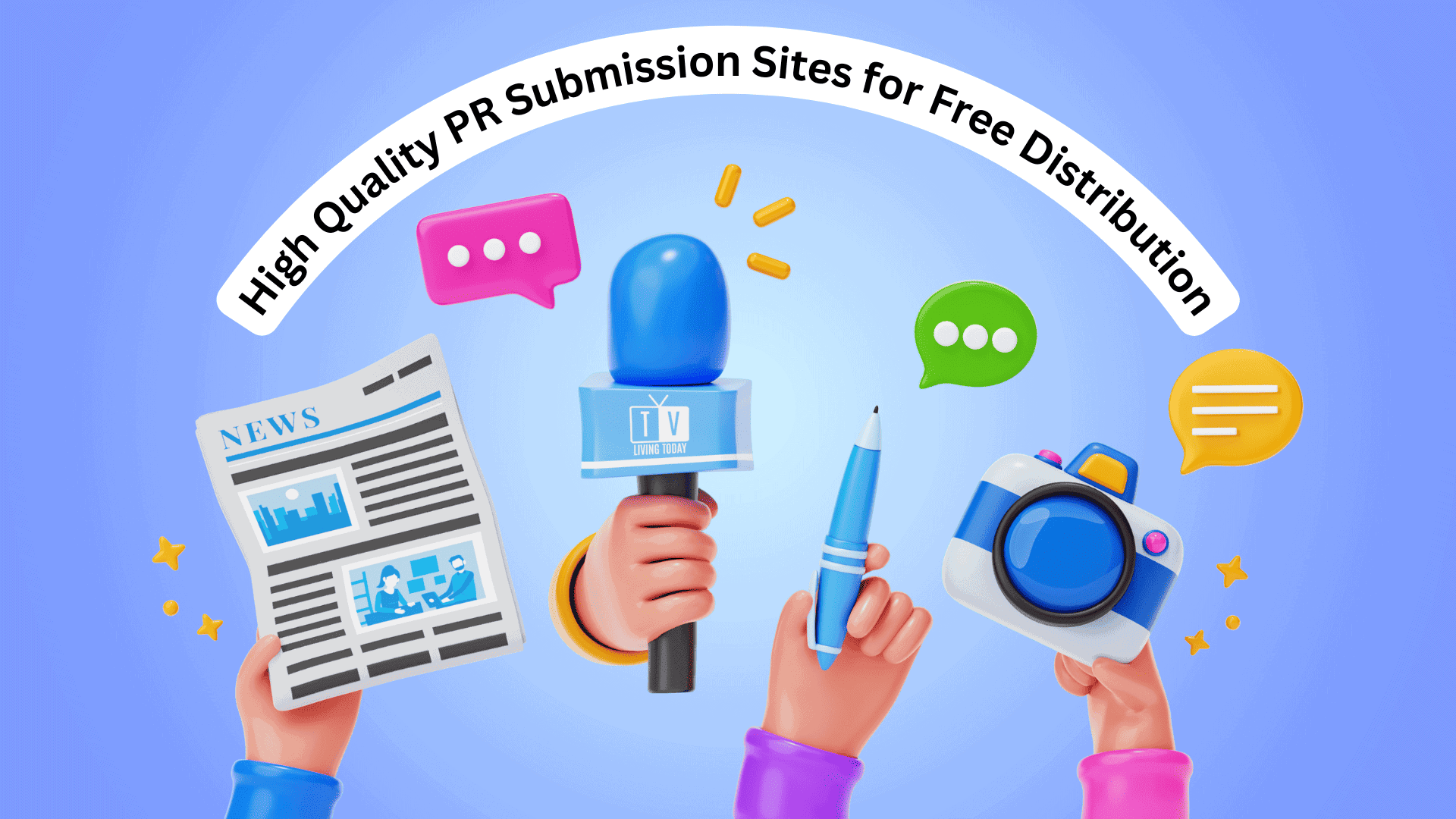
Here is the list of top press release submission sites for effective distribution. Submit your PR news in these free and paid media outlets.
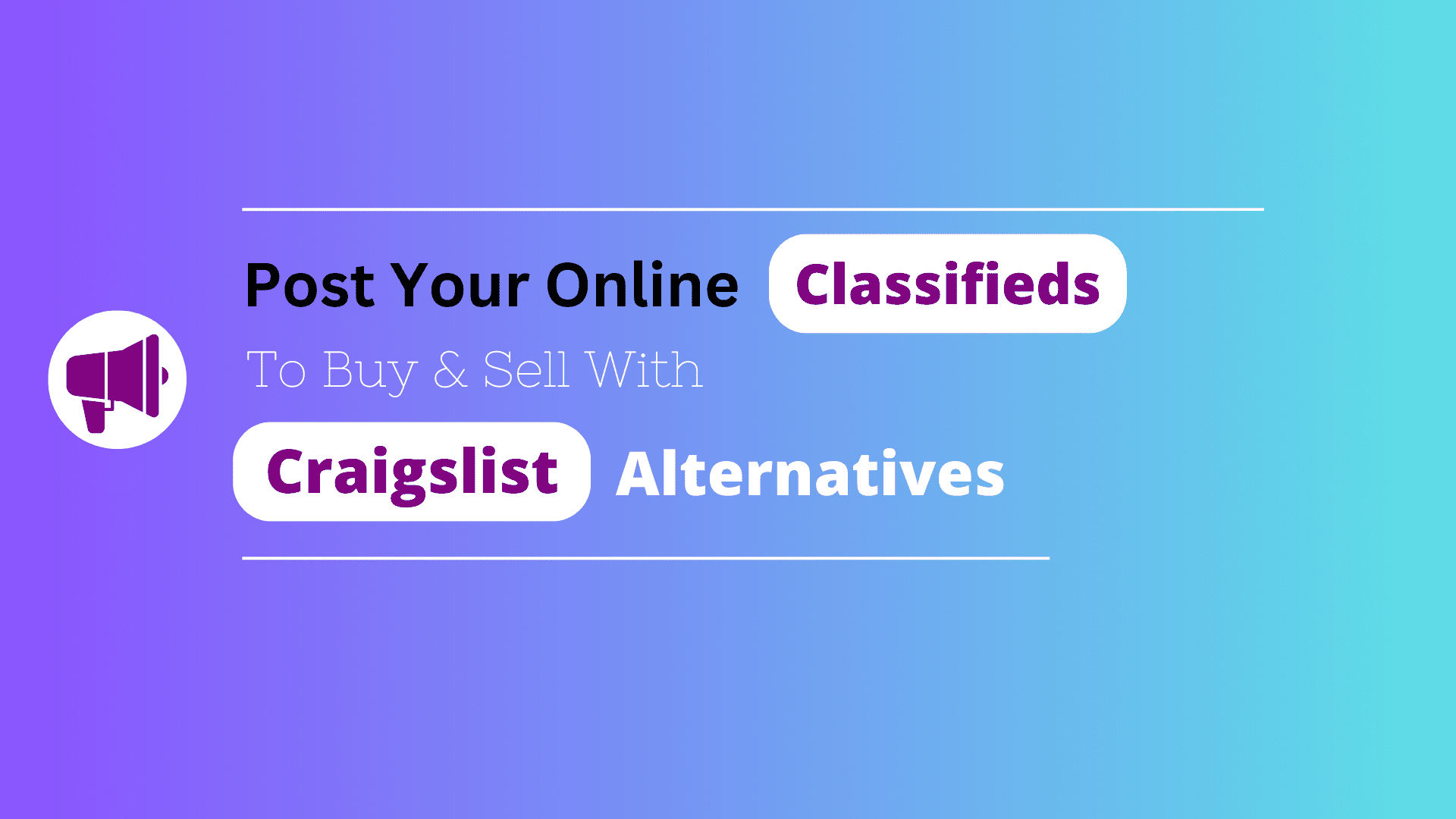
Find the best craigslist alternatives websites to post classifieds for buying & selling items online. Opt your similar platforms like craigslist.

Explore this Asana vs Monday guide to find the best fit for your project management needs. Explore full comparison to make an informed decision.

Submit your podcast shows to these top podcast submission sites & directories for free. Audio sharing websites to fine tune your audio content game!
Fix the issue of why is my website’s favicon icon not showing up. Here’s guide to solve it in chrome, Google search, Shopify, WordPress and more.
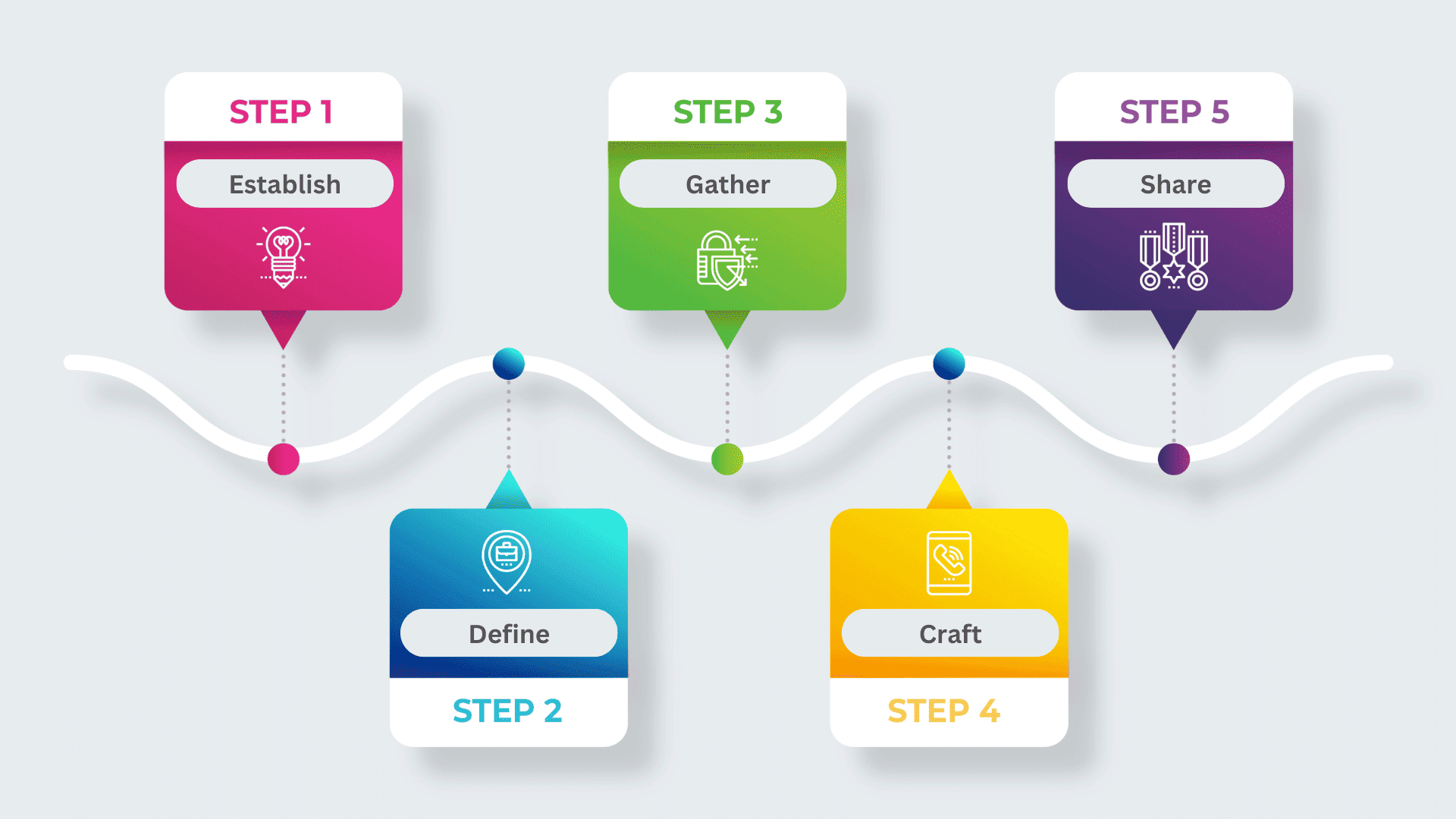
SEO infographic submission sites list to publish & share your best infographics online for free. Try these 50+ websites of high DA for content exposure!
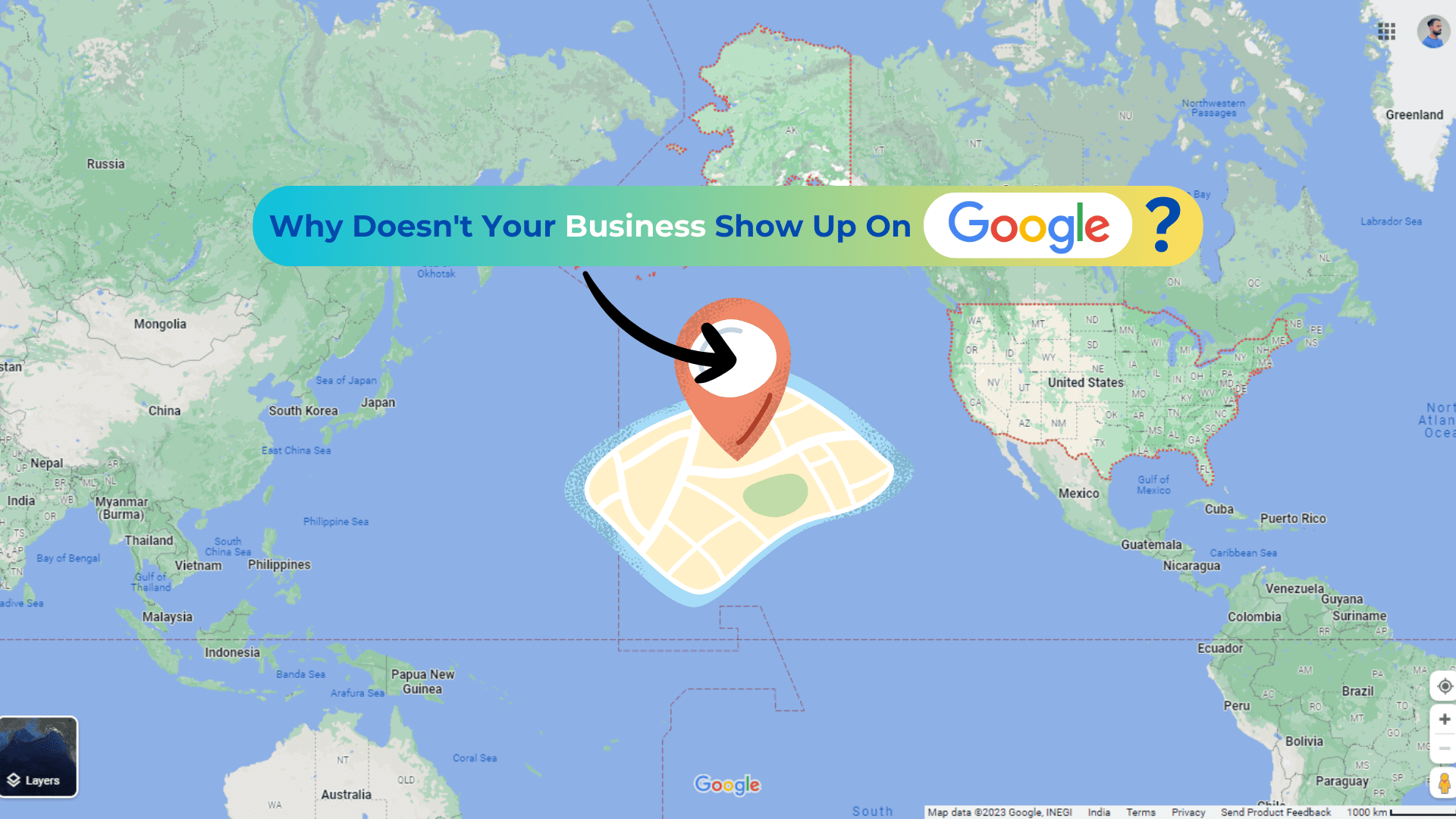
Find out why isn’t your business showing up on Google Maps and gain actionable insights to boost visibility and address invisibility concerns!

An Insightful Guide to Programmatic SEO – Step into the next era of search optimization to understand its important tools, benefits & best practices.

Explore math behind “Search Google or type a URL” – your gateway to the digital world’s limitless information with meme and gif examples.
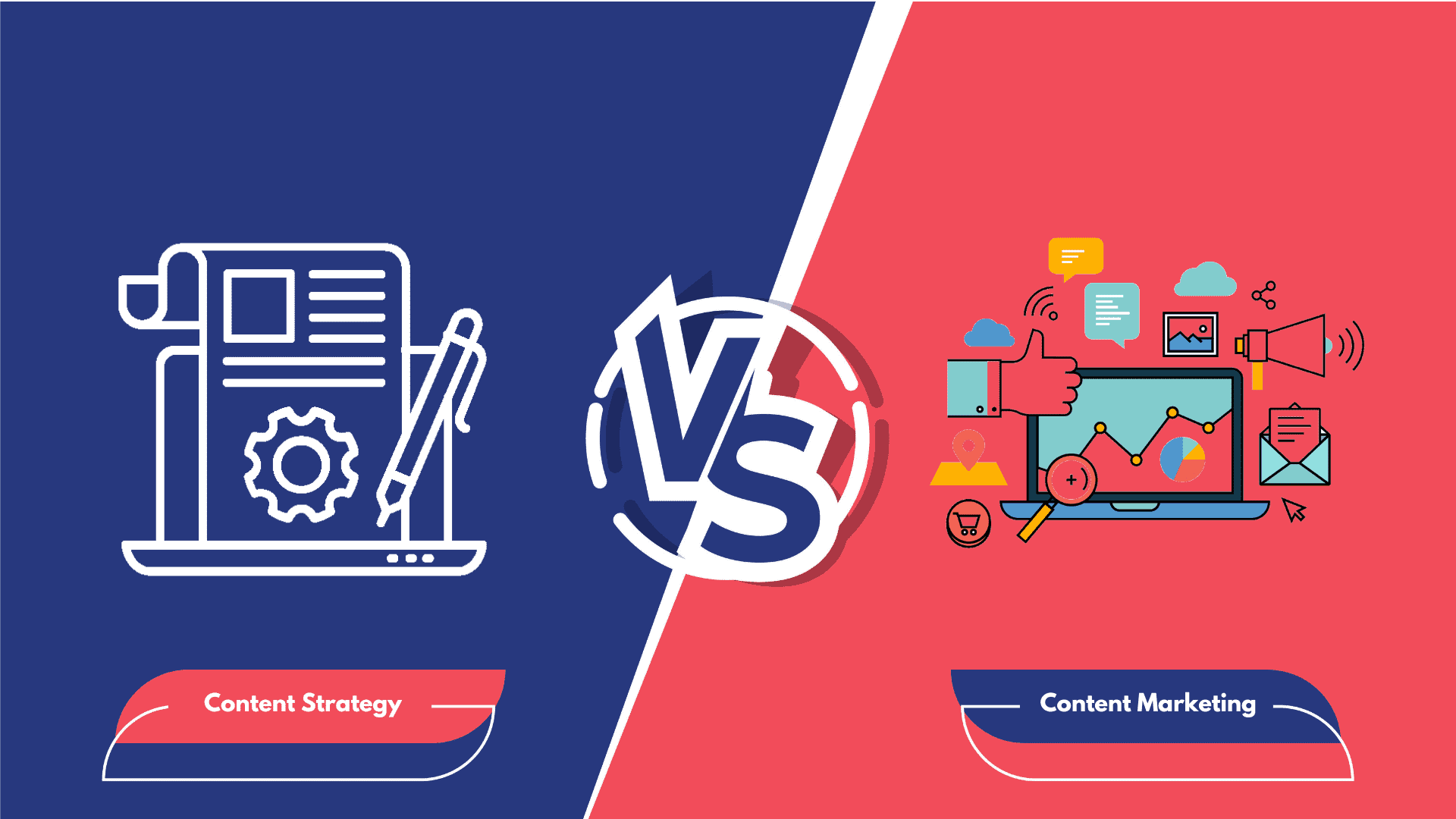
Content strategy vs content marketing – Strategy shapes purpose; Marketing amplifies it. One plans, other promotes. Both vital for online success.

Want to discover how to see private instagram accounts? Here are the best methods and tools to gain access to view private insta profiles.

Find out which targeting option is best for achieving brand awareness. This article covers everything you need to know about brand awareness.

Top-rated legitimate Bedpage alternatives websites that can take your online classifieds to new heights with listed similar platforms like Bedpage.
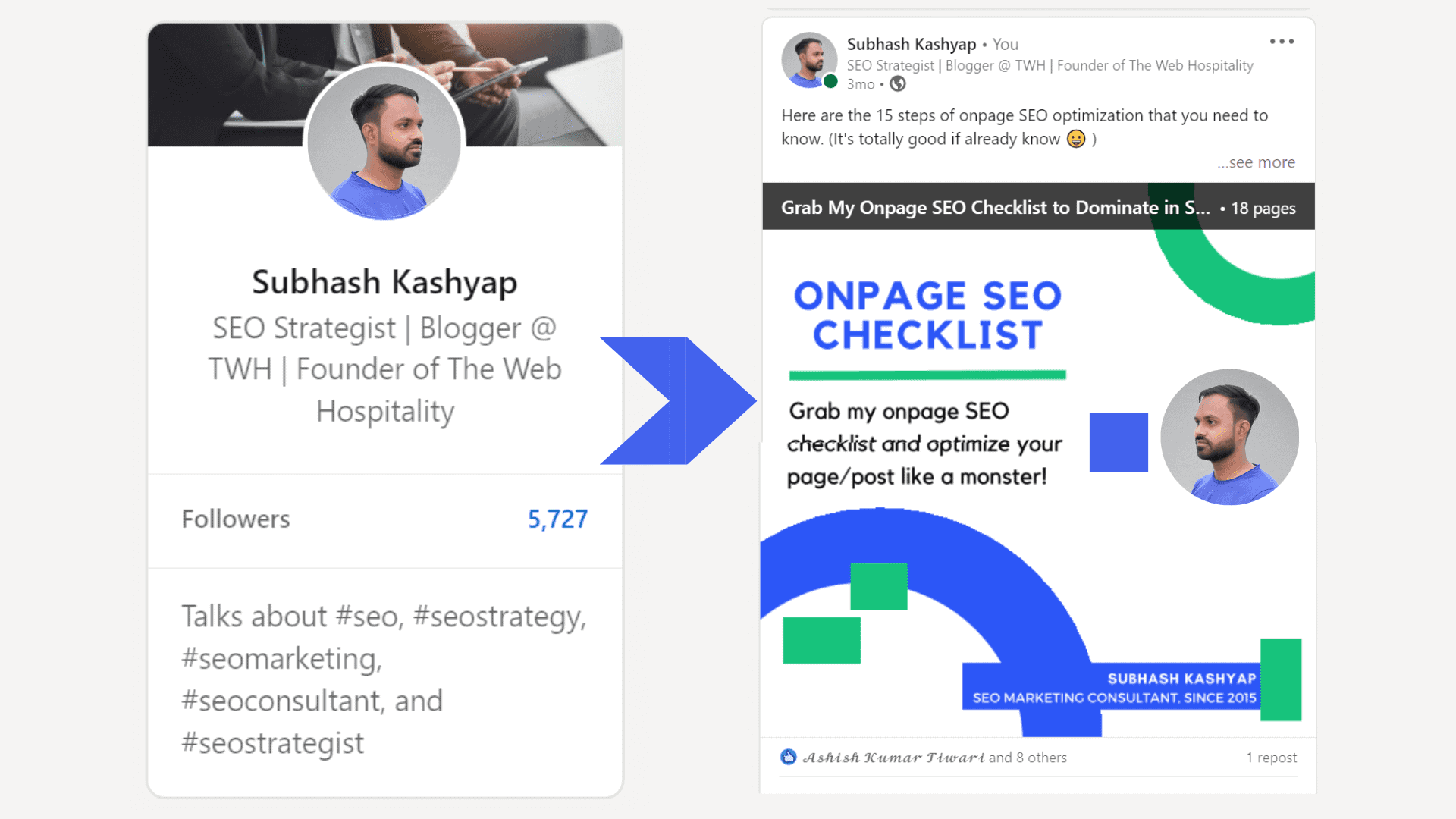
A Complete Guide to LinkedIn Carousel Post – Explore how to create, publish and why you should include them in your LinkedIn marketing strategy.

Here’s all you need to know about the I’m Feeling Doodly button on Google – what is it and how to use it. Enjoy Google games, doodles and more.

Want to know how to edit a WordPress template using Adobe XD? Read the article for some quick tips on creating a WordPress template now!
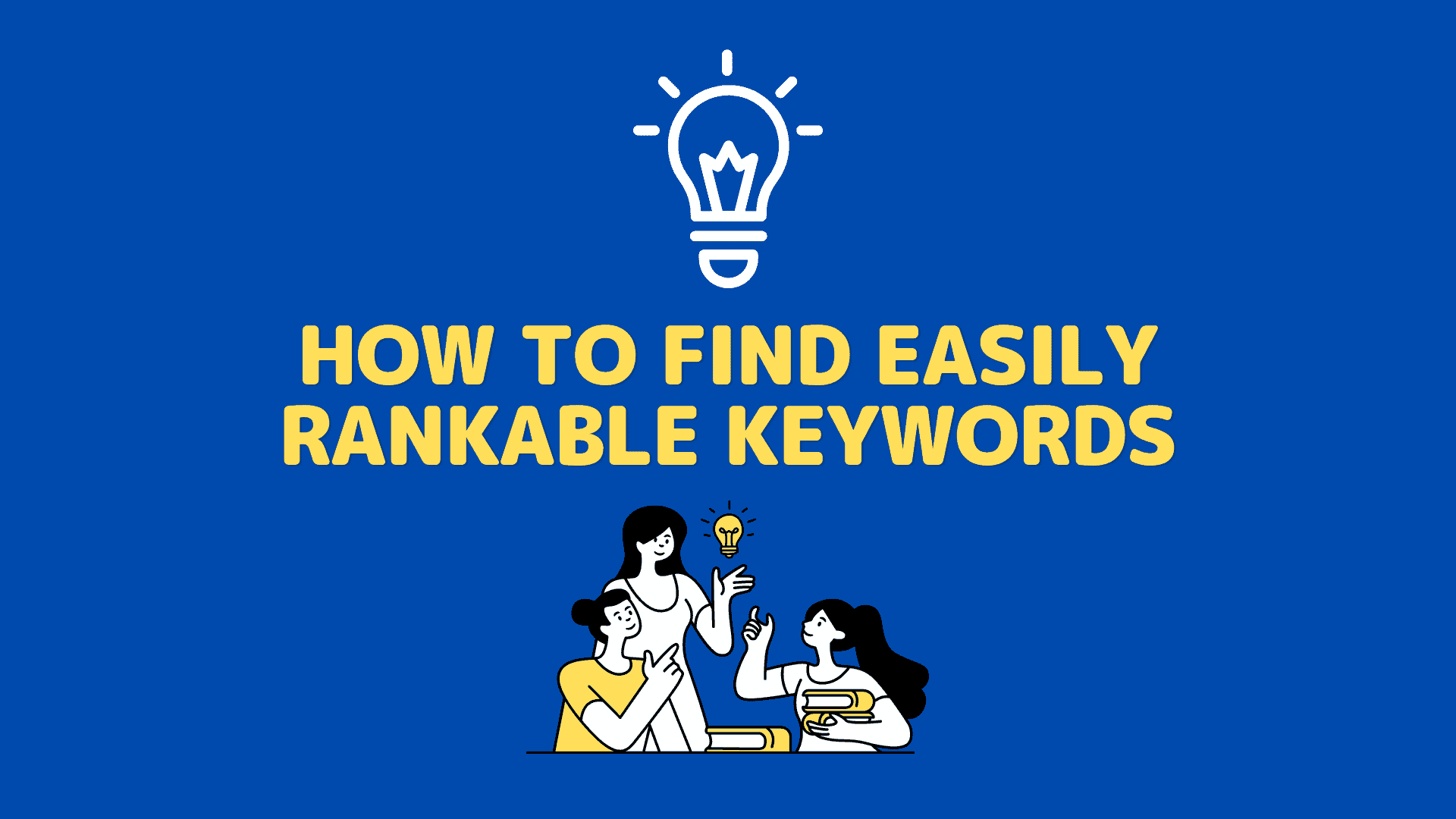
Get to know how to find rankable keywords for a low DR site that would help you increase your website’s ranking on search engines easily.

Post your local business ads in these free classified submission sites inc. USA, UK, Australia, Canada & more. Enhance your classified posting now!

Here’s the list of free Australia business listing sites incl. all top web directories. Add your Australian business to these local citations now!

Using Snapchat and don’t know what does the yellow heart emoji mean on Snapchat? Then explore this article and get to know now!

Explore what are the top five dysfunctions of a team and find how to overcome from these effortlessly along with video, ppt, powerpoint and etc.
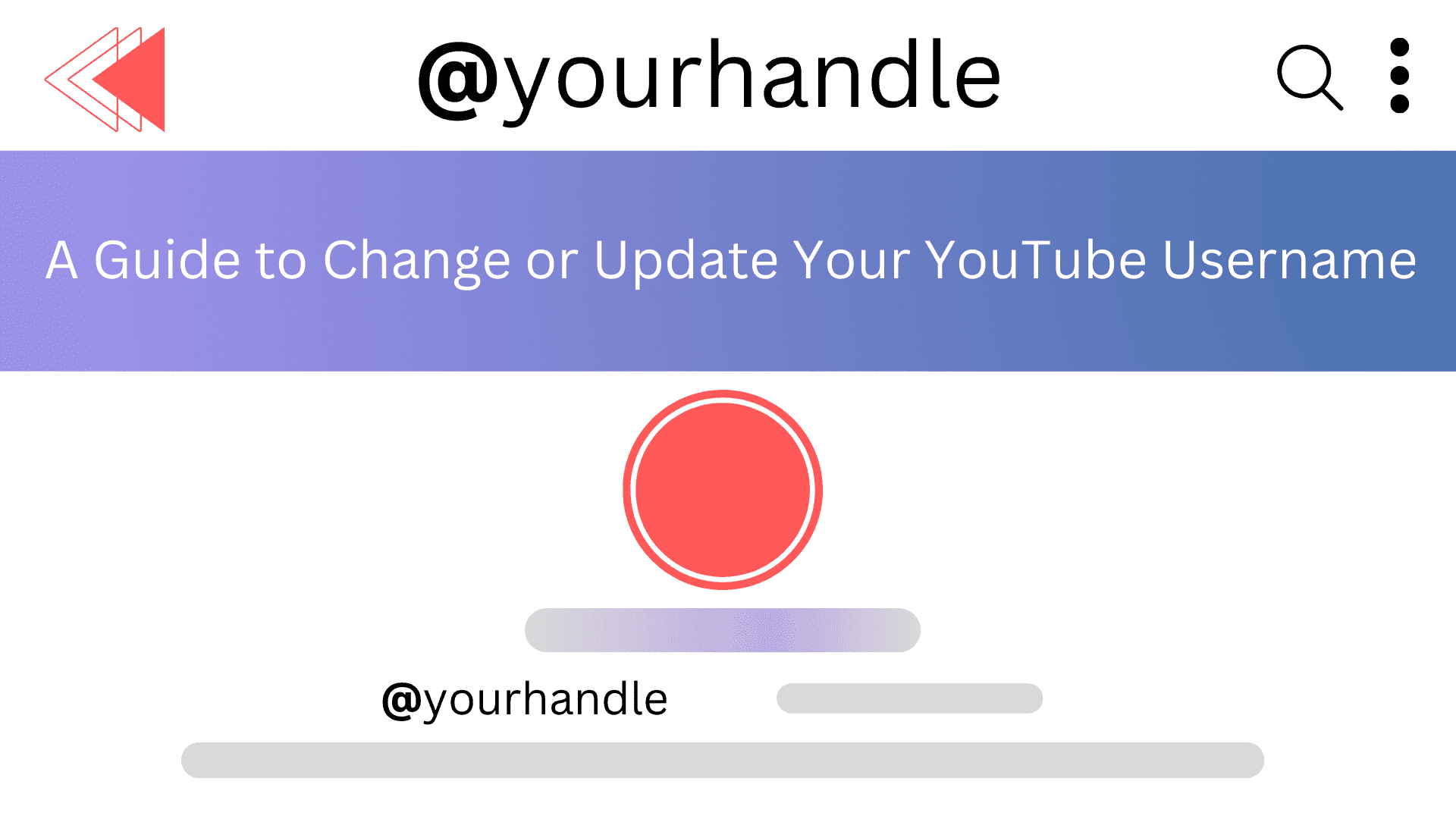
Follow this guide & learn how to change or update your YouTube channel name on mobile or desktop. Get desired YT username or handle in 2025.

Here is the list of top backlink checker tools with free and paid version that will come in-handy for your website or personal blog to try in 2025.

Here is the top search engines list in the world that you can use as alternatives to Google search engine. Know the best and try it now!

Worrying about 422 unprocessable entity? Then read this article and get to know everything about http status code 422 to get rid of this error.
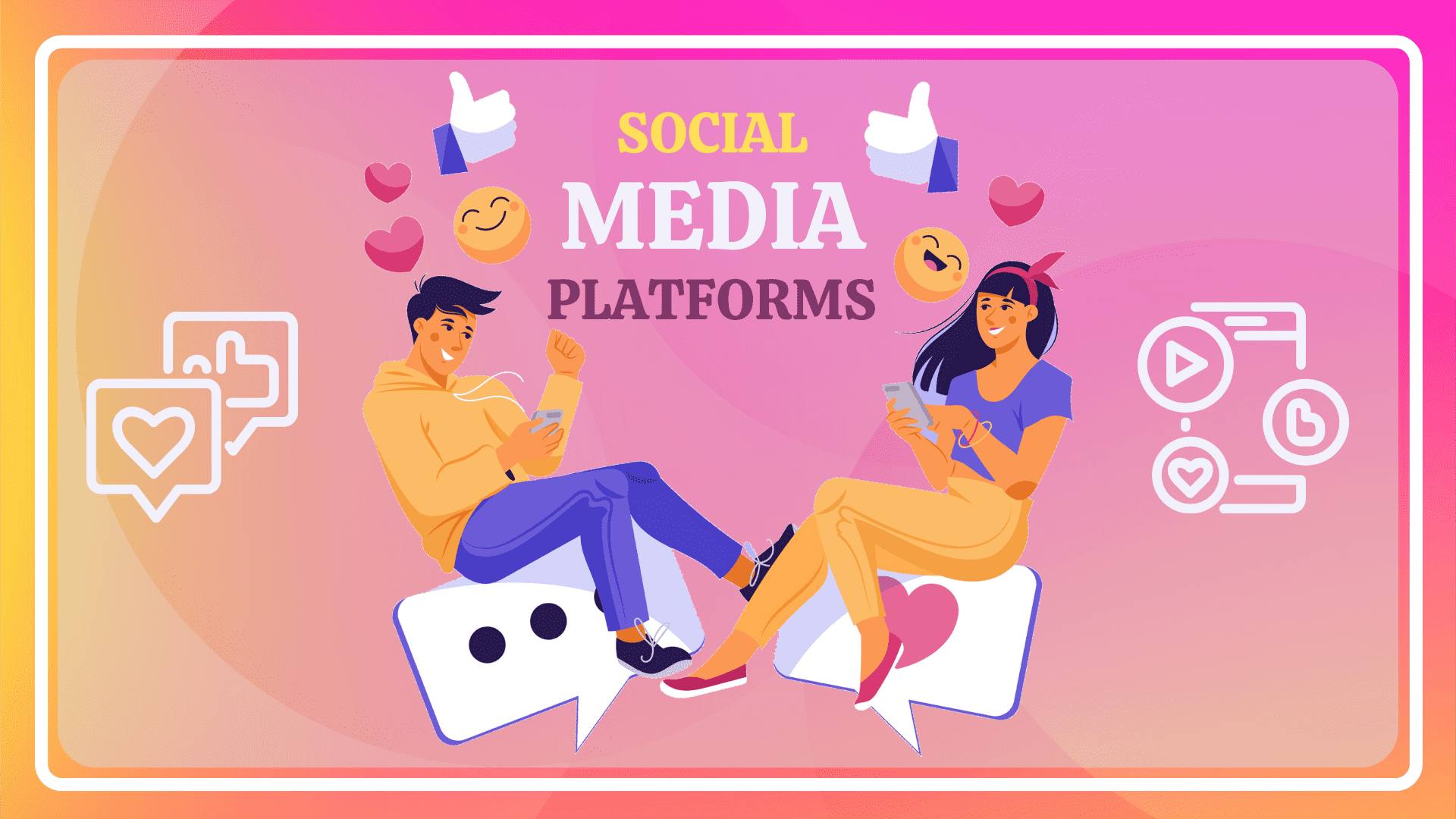
Most Popular Social Bookmarking Sites 2025 – Here is the list of 100+ top social sharing sites to bookmark and store your website links online.

Explore this article to join the internet marketing automation Bizleads virtual summit and take your business strategy to the next level!

Here is the top list of guest posting sites where you can contribute & publish your high quality content for free to get dofollow backlinks in 2025.

Find out what are social media handles, how to create them for your business and best practices to leverage them for your marketing growth.

Explore the niches list of more than hundreds of Pinterest board names and ideas to rank your pins and generate traffic via views, clicks and re-pins.
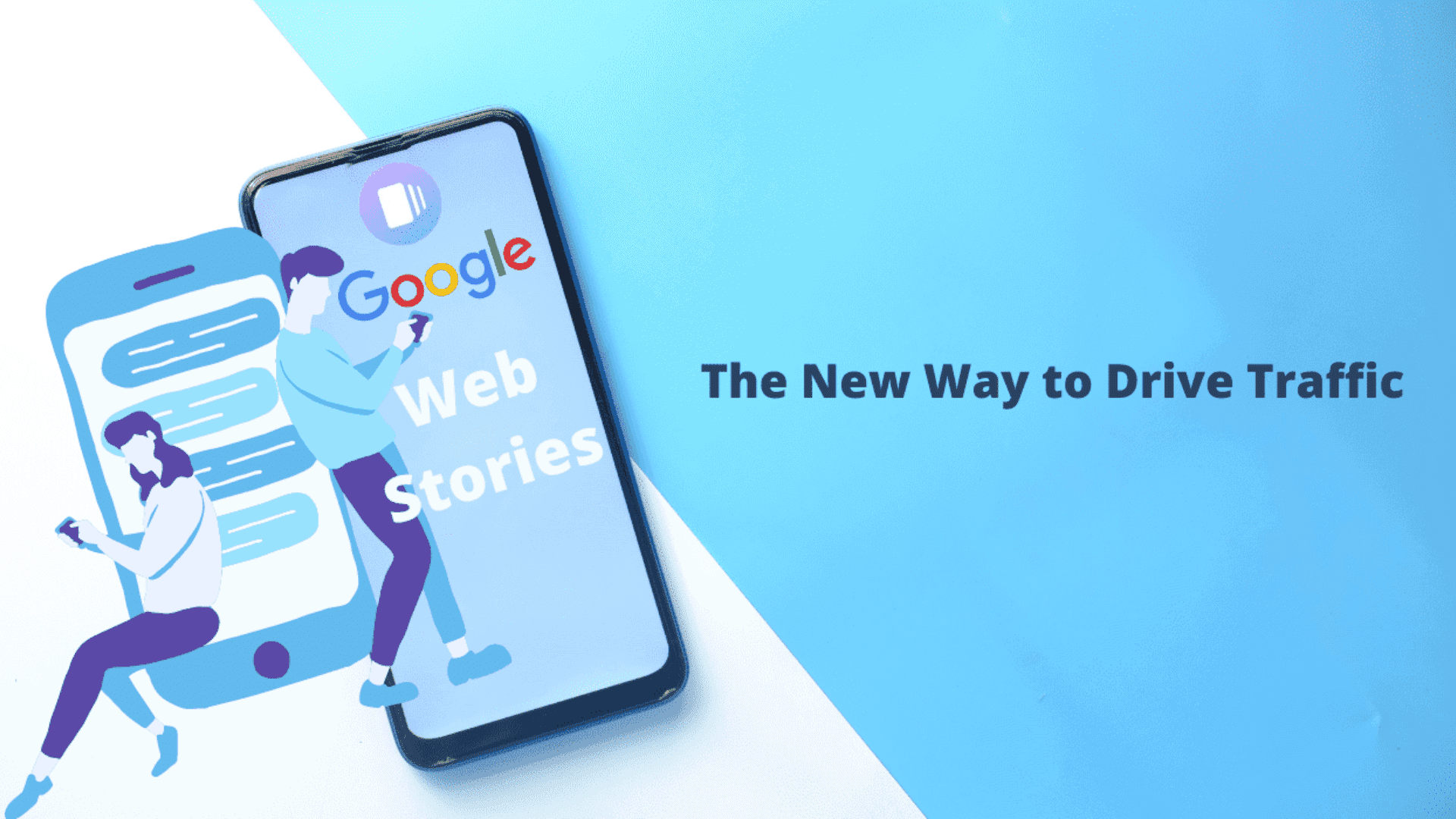
Explore this Comprehensive guide on Google web stories to create & utilize Google webstory for tappable amp stories. Be found in Discover feed!
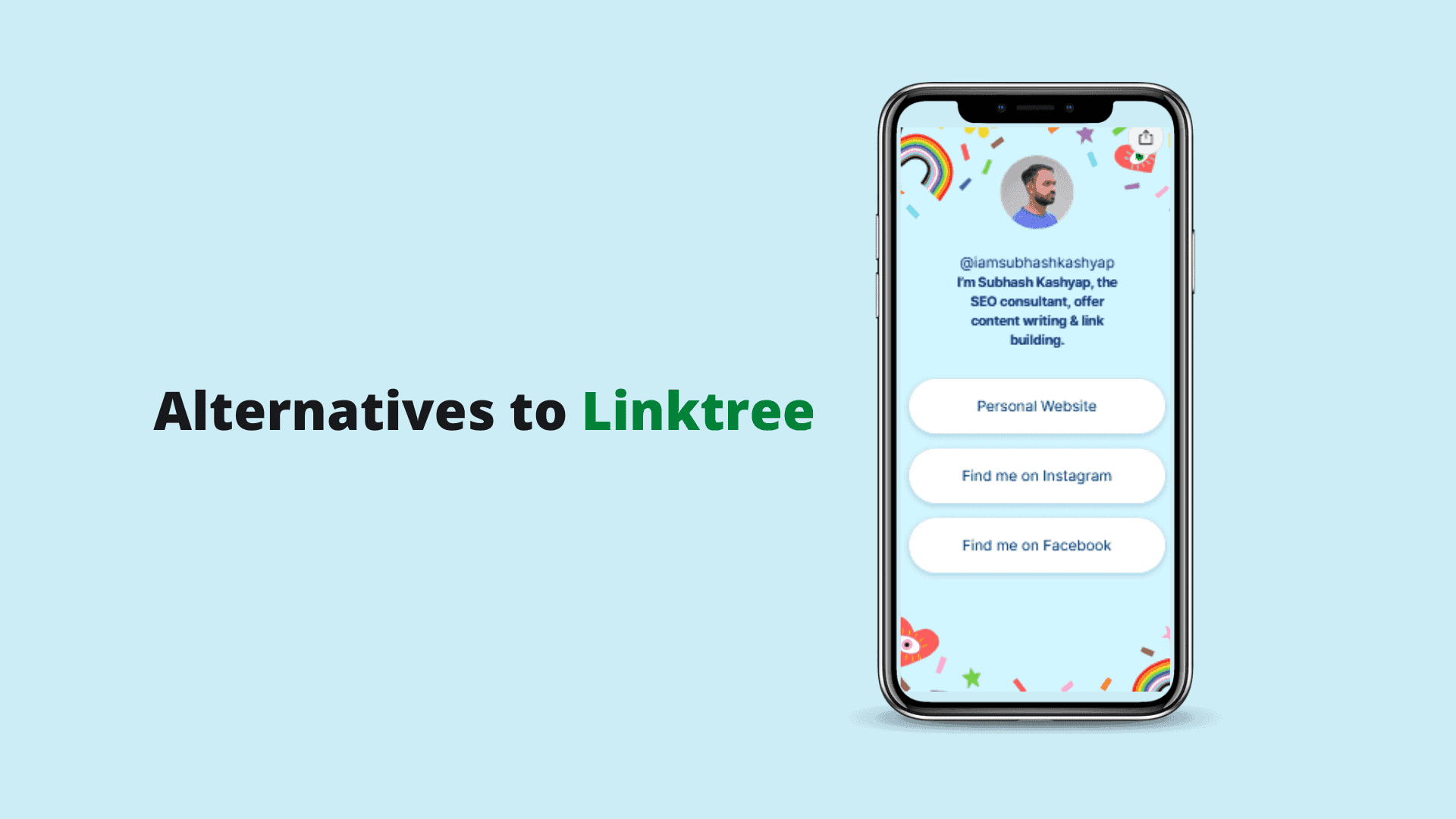
Explore the list of top 30+ Linktree alternatives to use in 2025 for your social media bio links. Choose from free & paid option accordingly.

Follow these top seven Google guidelines for SEO and make your journey easier in learning about the rules for search engine optimization.

Looking for how to add talks about in LinkedIn? Then follow these simple steps to add, edit or delete hashtags in your LinkedIn profile.

Top eight practices for long-form content are outlined along with the latest strategies for you to win the content game successfully.

The complete guide of marketing functions for the top marketers in the industry to understand its fundamental and primary concepts.

Dive into the best digital PR strategies to try out in 2025. Additionally, I’ve outlined a list of some of the most famous types of digital PR.

Explore these top effective marketing channels for advertising in 2025 and select the best one as per your business and marketing budget.

The complete guide to optimize your LinkedIn profile in 2025 to make it stand out impressively for the maximum exposure and better visibility.

Learn how content contributes to SEO with these best practices for content optimization and maximize the excellence to rank in SERPs.

Explore the best ways to capture leads on your website. Marketing expert Subhash Kashyap looks at the best ways for lead generation.
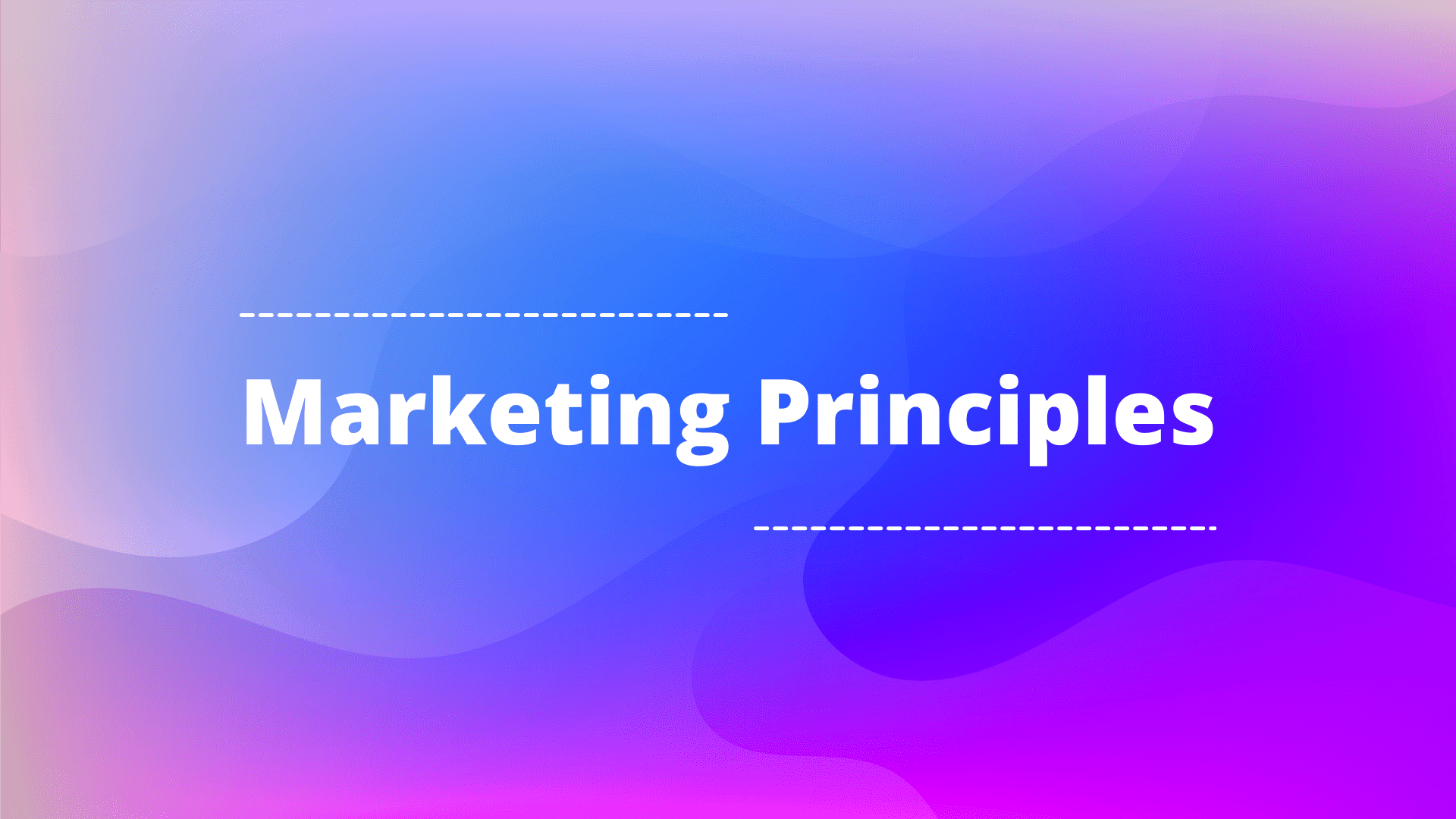
Explore what are the basic principles of marketing and its various types to understand how to use these in core concepts of your business growth.
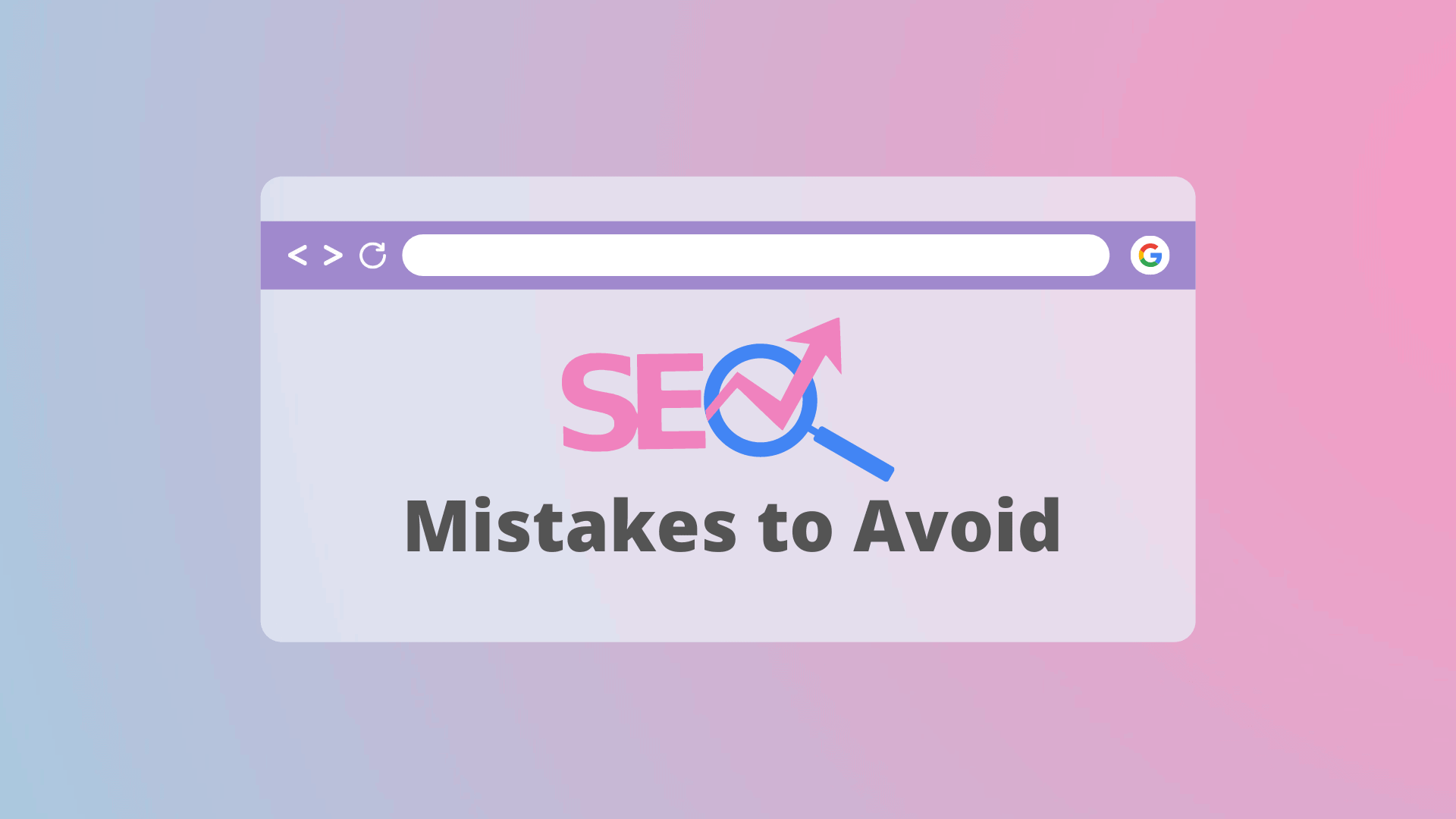
Identify and avoid these 7 most common SEO mistakes that are preventing your website from ranking on top search engine results pages.

Top USA Local Citation 2025 – List of free business listing sites of the United States to add your business details on these high DA websites.

The Metaverse is a hot topic in the marketing world, but what is The Metaverse? This article explains its potential uses for marketers.

Are you looking for ways to use social media for business growth in 2025? Check out these five smart methods that will help you achieve your goals.

Want to learn more about organic SEO? This article explains what it is, how it works, and when you should use it as part of your business SEO strategy.

Explore how you can use Twitter spaces for your business with this marketer’s guide to experience the new social media blogging platform.

The more quickly a website loads, the better it is for both visitors and search engines. Read it and optimize website speed for SEO results.

If you’re looking for some free ways to boost your website traffic, then visit and explore here are five tips I recommend below.

If you are doing SEO then you should know about apple search engine. Visit and explore for more information about apple search engine now!